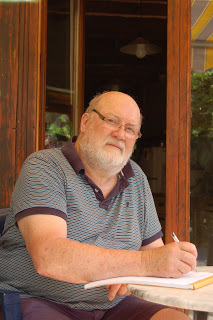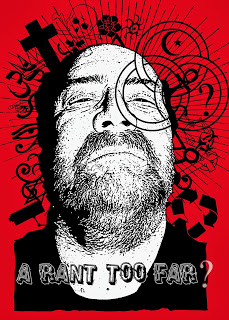Continuing with our look at comparing France to Britain and visa versa one of the greatest differences between the two countries lies in the attitude of local government towards the individual.
In Britain it is very difficult to get past a reception secretary to see anyone in authority, or to have a complaint sorted out. It really is impossible by telephone so a visit to the town hall seems to be the only remedy. However, on arrival the problems begin. Actually seeing anyone face-to-face is purposely made difficult and all the best efforts usually lead to frustration.
In France, despite their reputation for bureaucracy it is still easy to see the person in charge for the relevant problem area. Then when he is seen, he will go out of his way to sort things out.
Although somewhat cumbersome, French local government is approachable and seems to want to help and usually has a friendly face. Another big bonus is that most local government services in France are free, because that is what the rates are for!
In Britain most, if not all, services have to be paid for as an extra, and you are left wondering where all the tax money goes! How can France give such good service on so little and Britain give so little service at such a high cost? By way of a small comparison, a little village in the French equivalent of rural Yorkshire provides mains drains, street lights, rubbish collection once a week from wheely bins, is swept regularly, has flowers planted in the summer, and generally is well-maintained.
For a three-bedroom terrace cottage with a good garden and garage and on all the ‘mains’, the rates are about £350 pa. A similar property in a Yorkshire village with similar services would cost in excess of £1000 pa., depending, of course, on which tax band the house is in.
In France these iniquitous bands do not exist, although it remains a bit of a mystery exactly how they compute the taxes, but they do keep them low. An example of band charges in an area in Yorkshire [supplied by the County Council] starts at the lowest which is property valued at up to £40k, which is band A, and the tax is about £900. Band D, is property valued at between £68 and 88k the rates are about £1350 a year. The top band, H, is property valued at £320k and over, and the tax is £2251.
The valuations were made in 1991 and are the latest the council had. As the value of property has risen considerably since then it is probable that there will be a revaluation in the near future and a concomitant rise in taxes.
These are the type of figures that you might expect in the centre of Paris, but not out in the sticks.



Fraser Blake, 70, author of 'Dear Chips' and 'A Rant Too Far?' grew up in Africa, was at school in Scotland, and worked for the British South Africa Police in Southern Rhodesia. He has taught English in Saudi Arabia and sold and renovated hundreds of properties in Northern France.
In 1998 Fraser was selling houses in the Mayenne department of the Pays de la Loire region and so was the obvious choice, when Cle France was started, to be their first agent on the ground in France. In retirement he writes, blogs, cooks, drinks wine, and hosts to dinner unlimited numbers of ex-pats.
Always on hand with a viewpoint, Fraser is going to share his views on France, the French and the British, and other people who buy in France. Sometimes informative, sometimes funny, painfully true, outrageously opinionated but always entertaining so we hope it adds a slightly different dimension to the usual normality of searching through the fantastic properties for sale on the Cle France website.
If you want more? then follow the links above where you can buy Fraser's published books.